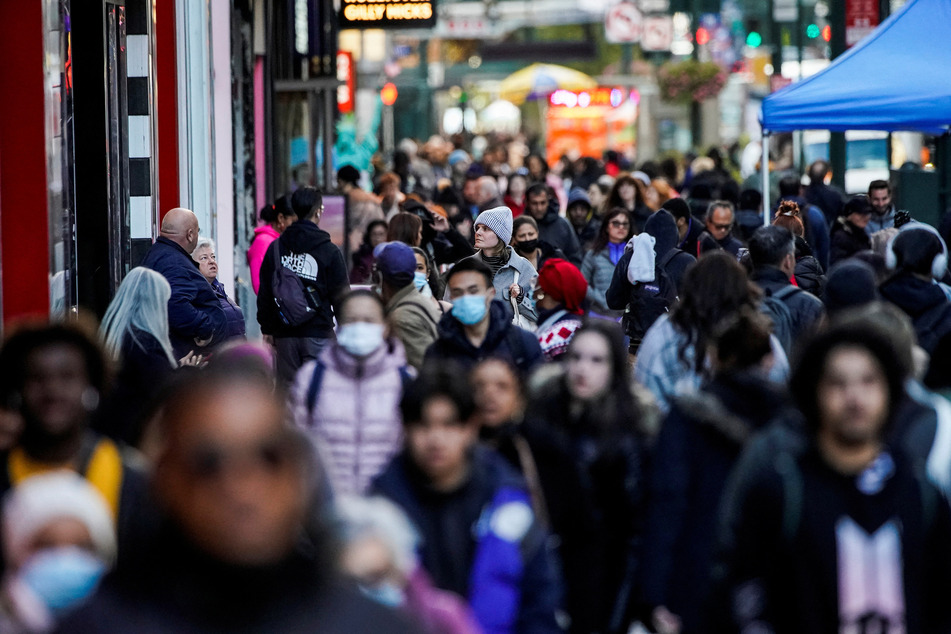World population level hits 8 billion, with no slowdown in sight
New York, New York - The world's population surpassed the 8 billion mark on Tuesday, according to United Nations' calculations.

The middle of the month was chosen as the official day to mark the milestone, because it is impossible to keep an exact track of hundreds of thousands of births and deaths each day.
It's the first time in history that 8 billion people have been alive on our planet. The UN estimates there will be 9 billion by 2037 and 10 billion by 2058.
Experts say that our planet can sustain 10 billion people, as long as humans make some big changes, especially in agricultural land use. Consuming fewer animal products is seen as a key piece of that puzzle.
More than half of the growth by 2050 is expected to come from a handful of countries in Africa and Asia. These are the Democratic Republic of Congo, Egypt, Ethiopia, India, Nigeria, Pakistan, the Philippines, and Tanzania. In sub-Saharan Africa, women have an average of 4.6 children; in some countries the average is six or more.
Population growth is slowing down overall, however, and is currently less than 1% per year across the world. According to UN forecasts, there will be no further growth in that figure until around 2080. The number of people would then be around 10.4 billion.
According to current knowledge, Homo sapiens appeared about 300,000 years ago. It was probably not until shortly after 1800 that 1 billion people lived on earth. It took less than 100 years for the world population to grow from 2 billion in 1928 to today's 8 billion people. The increase from 7 billion to 8 billion took only 11 years.
Cover photo: REUTERS
